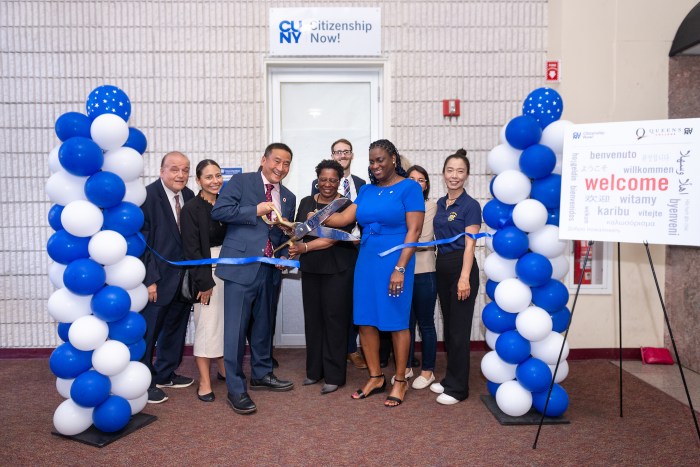By Alex berger
Used automobile salesmen are known to be tamperers of the truth. My last one had a master’s degree in lying. He once was called to testify in court. The clerk asked him if he promised to tell the truth, the whole truth and nothing but the truth. He asked, “For how long?”
If George Washington never told a lie, how did he become president?
A notorious liar had died. As his acquaintances passed the open casket, one said, “I still don’t believe him!”
The dictionary defines a lie as “A falsehood uttered or acted to deceive.” According to many of the politically correct, however, there is no such thing as a lie. They say lies are merely “truth-stretchers” or “expedient” exaggerations. But no matter how we describe them, the truth is, all people are born fact spinners.
Why do we do it? Well, let’s call a lie a “lie” and divide the answers by gender. Men do it to promote themselves and women to make others feel better, but the overall rate of lying was evenly divided between the sexes.
“Yes, you do look like you have lost some weight.”
“I really love this gift.”
“You should have seen the size of the fish I caught last weekend.”
I’m sure that one time or another you have uttered or heard these common truth-twisters. But don’t be too concerned. Lies are essentially a part of everyday life. This mind-blowing conclusion was determined in recent “deception-research” studies.
The researchers secretly videotaped 121 pairs of graduate students who were told that they were being examined to see how people react when they are meeting someone new. Following the video sessions, the students were shown the tapes and asked to identify inaccuracies, large or small, in their own revelations.
The findings revealed that 60 percent of respondents lied at least once, and averaged two to three lies overall, during the 10-minute conversation. This research’s determination was published in the June issue of the journal of Basic and Applied Social Psychology.
Most of the students insisted they had said nothing untruthful. But when they watched themselves, they saw instances of their own deception. Even the researchers conducting the study were surprised at the quantity of lies. When someone said they liked a movie, the majority of women also said they liked it, even if they hadn’t. Most men, who didn’t like the movie, told it like it was.
One male student spoke about playing guitar in a band. In reality, there was no band and he barely knew how to play the guitar. People subconsciously read messages from others and feed back what they want to hear. Lying is a natural and an integral part of human nature.
The ability to lie, and lie well, is especially strong among people with leadership qualities. A statistically significant link between leadership skills and deception skills in preschool students was discovered. The children were given bitter drinks and told to describe them as tasting good. Then their communication skills were noted.
The preschoolers were followed around the classroom. Clearly, the leaders were the most persuasive and dominant and at the very top of the pecking order. These also were the ones best at telling the tester that the bitter drink tasted good. This research doesn’t necessarily mean that leaders tell more lies. It just means that if they choose to tell lies, they probably are going to be pretty good at it.
Having said all that, I must confess that I did quite a bit of “white-lying” myself in my youth. I particularly recall the time I enlisted in the Air Force at the age of 17. I was a pimply faced, bespectacled, 118-pound nerd among the other strapping, well-muscled, athletic recruits, and I stood out like a sore thumb. How to survive was all I thought about.
They sent me to Sampson Air Force Base in upstate New York for basic training. My training instructor, Cpl. Ort, from Georgia, lined us up for a preliminary review. He smiled as he passed the muscled “hunks” before him. However, when he saw me, he pulled me out of rank, had me stand at attention and eyed me top to bottom. I was scared to death. “Airman,” he thundered, “you are crooked. I’m going to have to straighten you out or die trying.”
I was the laughing stock of my flight and remained one until I announced in the barracks a momentous white lie. I said that I had been raised in the rough, tough East Side of Manhattan and was a member of that notorious street gang, “The Geronimos.” This was true except that my “gang” was merely a social club for teenagers. But, during my basic training, I suddenly became everyone’s friend. They loved to hear my gory, made-up, “gang war” stories, especially my battles using a rock-filled, silk stocking.
This white lie served its purpose during basic training but almost killed me when I was shipped overseas. Meeting new buddies, I announced to one and all that I was a fierce gang warrior. I instantly became everyone’s hero again.
But as fate would have it, Isaac, an African-American from Chicago, was assigned to my barracks. He had been a middleweight boxer in the Golden Gloves the year before and soon became a hero to a second faction. It wasn’t long before my faction challenged his faction to a fight-to-the-finish, bare-knuckled brawl involving Isaac and me. I knew that Isaac, who outweighed me by 40 pounds, would kill me. No white lie could save me now.
Debate and betting became hot and heavy and my faction even held a rally supporting me. The night before the fight, I wrote my parents a final letter and awaited my demise in quiet panic.
However, Isaac unexpectedly pulled out of the match, stating injury to his shoulder. I think he knew that even with one arm, I was no match for him. Whew! I bought beer for everyone in the barracks, with two going to Isaac. I then promised God that I would never, ever, tell a white lie again. I was cured.
































